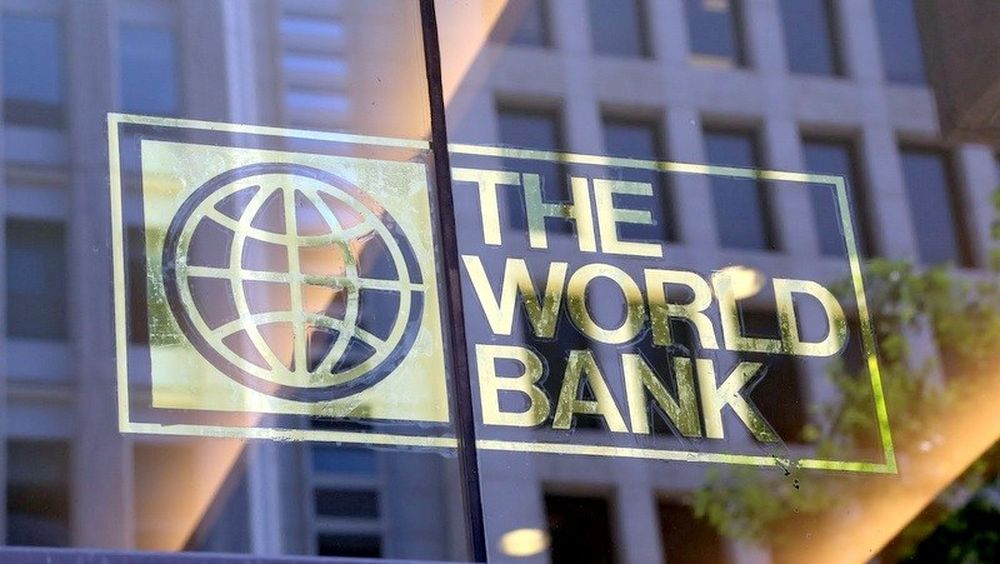Pakistan’s growth is forecast to tick up to 5.5 percent in fiscal year 2017-18, which ends June 30, with strong activity in construction and services, a recovery in agricultural production, and robust domestic demand supported by strong credit growth and investment projects, said the World Bank (WB).
A brief “Global Economic Prospects in South Asia: Broad-Based Upturn. For How Long?” updated on WB states,
“Pakistan is expected to accelerate to 5.8 percent in fiscal year 2018-19, which begins July 1. The current deficit widened to 4.1 percent of GDP, amid weak exports and buoyant imports”.
Growth in South Asia slowed to 6.5 percent in 2017, in part reflecting businesses’ adjustment in India to the country’s new goods and services tax and to the adverse impacts of natural disasters across the region.
India is estimated to grow 6.7 percent in fiscal year 2017-18, which ends March 31, slightly down from the 7.1 percent of the previous fiscal year. In Sri Lanka, activity expanded at an estimated 4.1 percent in 2017, slightly below expectations as a result of severe weather disruptions. Bangladesh’s growth for fiscal year 2017-18, which ended June 30, is anticipated to slow to 6.4 percent from 7.2 percent in the preceding fiscal year.
India is expected to pick up to 7.3 percent growth in fiscal year 2018-19, which begins April 1, and to 7.5 percent in fiscal year 2019-20, supported by strong private consumption and public spending on wage increases and infrastructure investments.
Excluding India, growth in the region is projected to pick up to 5.8 percent in 2018 and to 5.9 percent the following year as domestic demand remains robust and exports recover. Bangladesh will grow at 6.7 percent in fiscal year 2018-19, benefiting from strong domestic demand and strengthened exports.
Sri Lanka is forecast to accelerate to 5 percent in 2018, mainly reflecting strong private consumption and investment growth.
The WB states that risks to the outlook are mainly domestic. Setbacks to reform efforts in the corporate and financial sectors, disruptions due to natural disasters, and challenges that weaken domestic demand could subdue growth prospects. Increasing liabilities across the region could also derail fiscal consolidation efforts, with weaker debt sustainability dampening financial market confidence. Externally, an upswing in global financial volatility could slow growth.
However, on the upside, stronger-than-expected global growth could result in faster growth than anticipated in the more open economies in the region.

























